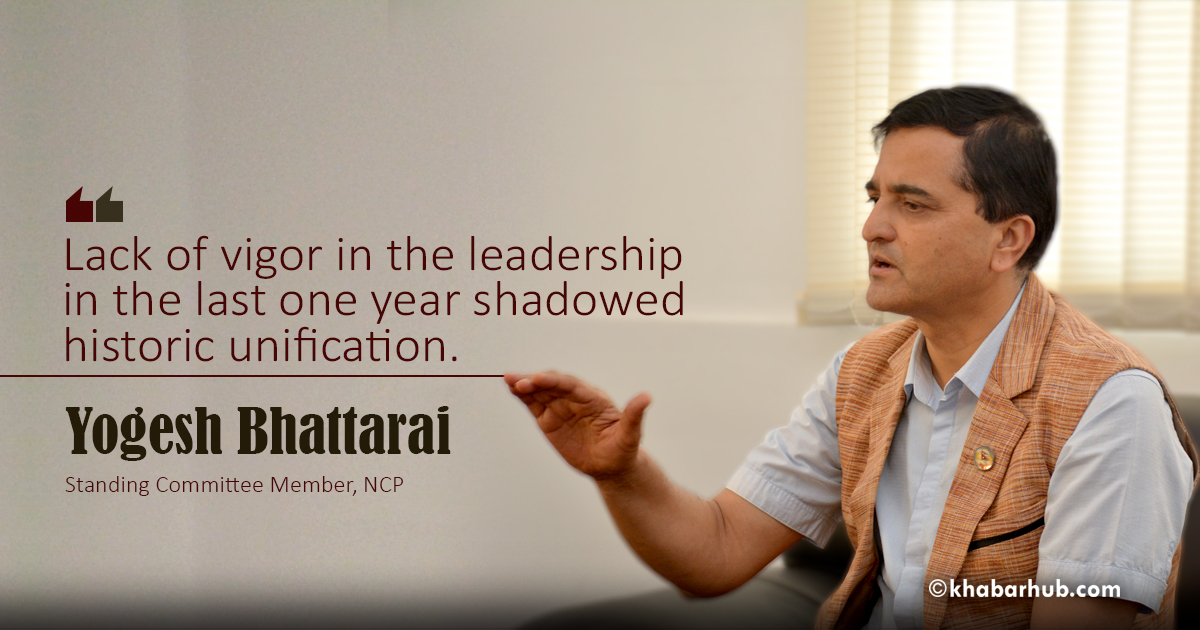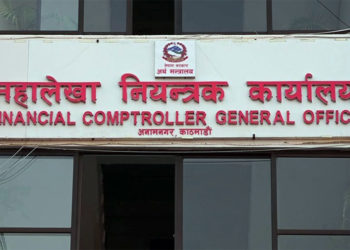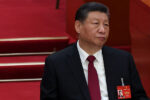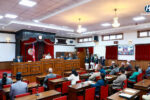One year has passed since two major left political forces–the then CPN (UML) and the then CPN (Maoist Centre)–merged to become the Nepal Communist Party (NCP). Despite the announcement to end the unification process, it took quite a long time. Khabarhub caught up NCP Standing Committee member and influential youth leader Yogesh Bhattarai to talk about the overall scenario, accomplishments, weaknesses within the party and corrective measures to be taken in the days to come. Excerpts:
The party is celebrating the first anniversary of unification between the then CPN (UML) and the then UCPN (Maoist Center) to form Nepal Communist Party (NCP). How do to you evaluate the journey so far?
The unification between the two communist parties was a major milepost in Nepal’s political history. The unification drove the communist movement in Nepal towards a new direction. The unification between the parties persuading different political ideologies didn’t come in haste. The left alliance formed by the two parties in the elections aided us to develop closeness at a time when a large number of people were accentuating unity among communist parties in the country. This eventually led to the historic unification thus garnering laudable public support.
Looking back on the journey, during this one year, we have succeeded to transmute the political differences to uniformity to a larger extent and it can be taken as a major achievement. During this one year, we ran the government as a single party, ending the political instability the country has been witnessing for years. The party stood undeterred despite political pundits claiming the unity will not last considering the culture of a split between communist parties in Nepal. It has sent out a strong positive message.
But, during the period, the party leadership failed to complete unification within the stipulated time frame. The leadership failed to unify different sister organizations, wings and committees. The failure has shadowed the historic unification. The lack of vigor in the leadership during the period has inflicted an irrepressible loss to the party.
The unification could have completed within three months if the leadership had opted the option that some leaders including me had floated for unification. Finally, the leadership chose for the option that we had floated. The party could have attained greater height if the option was heeded timely.
Now, can we say that the unification process is on right track?
After criticisms from several quarters, it can be said that the party leadership is on the right track to complete the unification process. The announcement of district committees is an example. Now that the leadership has finally concluded the remaining tasks.
How do you evaluate the growing competition within the party?
Competition in a party is obvious. If we accept diversity and pluralism in society, we need to accept that it the party too. Unity in diversity is an established principle of the party. As the party is in a transitional phase, competition should have been overshadowed by coherence. But, we have failed to exhibit unity and coherent. The party chairmen are to be blamed for that.
How will the unity convention of the party select a new leadership?
We are firm that leadership should be selected through a competition. As we are in a transitional phase, an understanding can be sought from within the competitive system. We are open to any sort of system to select party leadership to keep the unity intact.
Does the party hold enough discussion on issues of national significance?
The party lacks enough discussions and discourse on national issues with central committee meeting sitting once and standing committee meeting not convening for five months. It is unfortunate that formal discussions among the leaders is very thin. The trend should change now.
Do you accept that the government has failed to work as per people’s aspiration?
People had mandated us to run the government for five years. Fulfilling people’s expectation is a gradual process. In the first year of the reign, we have succeeded significantly to fulfill the duties to implement the constitution. At the end of five years, we will reach near to achieve what we had promised through our election manifesto.
I do accept that we have some lacking. We efficiently completed managerial tasks to implement federalism but failed to speed up development. We need to accelerate development as we don’t have any excuse now.
What’s your take on the Media Council Bill with many criticizing it as a government’s attempt to curtail press freedom?
Our party will not deviate from the principles of a free press as it is our guiding principle. The party is committed to freedom of opinion and expression, freedom of the press and human rights– the major cornerstone of the democracy. The main aim of the bill is to regulate media not control it and we are always open to make any changes to it if needed.









Comment